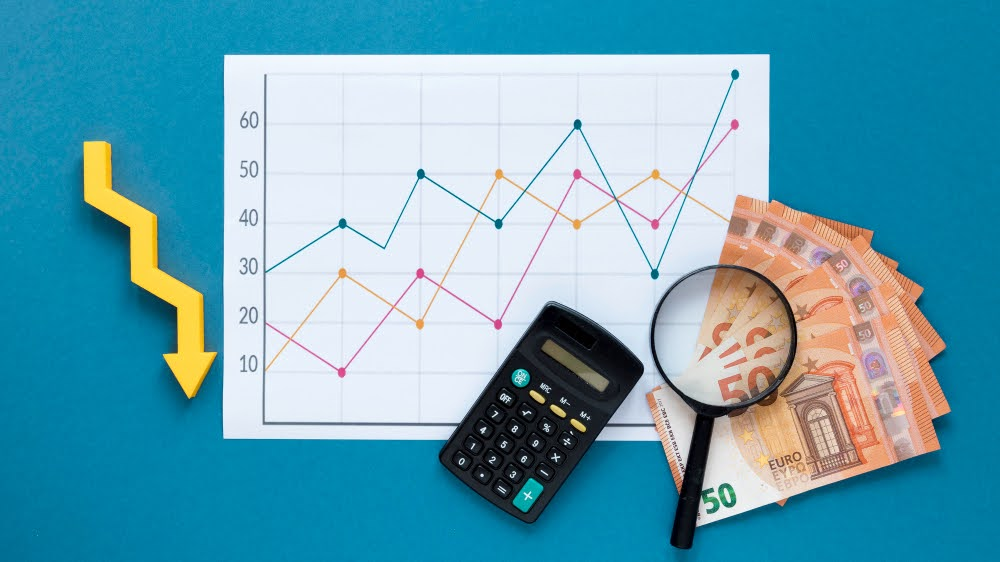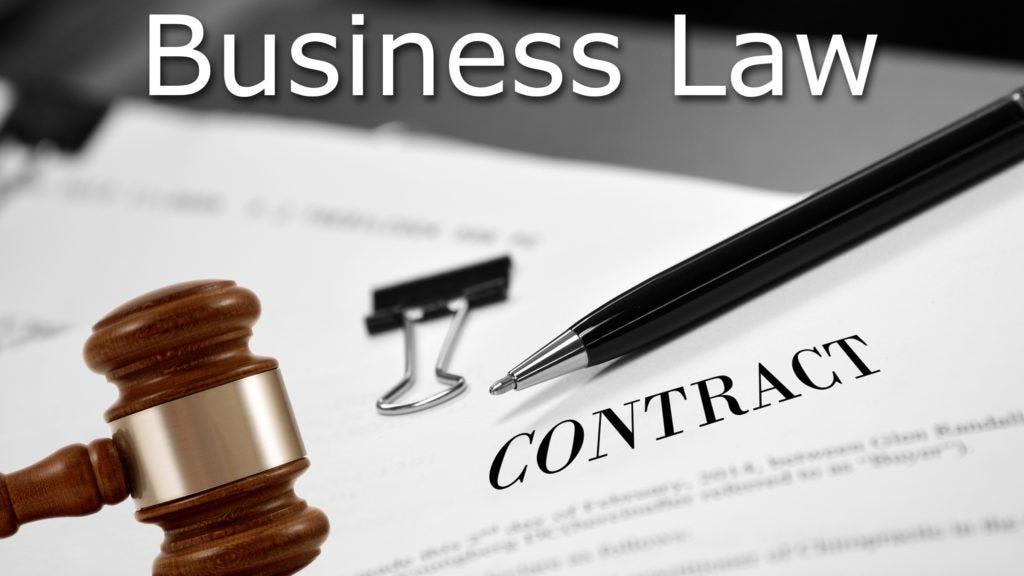
Inflation is a buzzword in news and business reports, but it is a concept that is hard to grasp for one or the proprietor of a small business. In simple terms, inflation refers to the rate at which the general price level of goods and services is rising, devaluing money. The greater the inflation, the less your money goes so quickly. This hurts consumers just getting by and small business owners attempting to keep their heads above water. In such times, instant loans for business can provide crucial working capital to help manage rising operational costs and sustain growth.
Let's dissect how inflation impacts everyday life and small business owners directly.
What Is Inflation and Why Does It Happen
Inflation occurs when there is a shortage of goods and services relative to demand or when the cost of production (such as raw materials, labor, and transportation) increases, causing firms to increase their prices. It can also result from currency devaluation, money supply expansion, or externalities such as the world's rise in fuel prices.
While a moderate inflation rate is acceptable in a growing economy, unanticipated or prolonged high inflation hurts everyone, particularly individuals with lower financial resources or thin profit margins.
How Inflation Hurts Regular Consumers
Inflation affects regular consumers directly in terms of purchasing power and budgeting. Here's why:
1. Increased Cost of Living
Since prices increase during inflation, basic needs such as food, bills, fuel, hospital charges, and rent increase. What you were able to purchase for ₹100 yesterday will now cost ₹110 or more, forcing families to alter consumption and cut on unnecessary expenses. In such scenarios, an instant short term loan can offer quick financial relief to cover essential expenses without long-term debt commitments.
2. Decreased Value of Savings
When inflation is greater than the interest rates on fixed deposits and savings accounts, the real value of your money reduces. For instance, your purchasing power will be reduced if your savings increase by 5% annually, but inflation will be 6% on average.
3. Increased Loan and Credit Charges
Central banks increase interest rates to tame inflation. Hence, personal loans, car loans, and home loans become costlier. EMI and borrowing rates are increased, curbing disposable income and making it difficult for middle-income families to plan.
4. Impact on Lifestyle Choices
As the costs of eating out, holiday travel, entertainment, and shopping rise, consumers are being more and more compelled to move their budgets to spend on necessities and away from discretionary spending. Such a consumer will move to a defensive and cautious spending mode during periods of inflation.
How Inflation Impacts Small Businesses
Small businesses with limited resources and thin margins discover that the impact of inflation is experienced differently:
1. Rising Operating Costs
The increasing cost of raw materials, packaging, utility, transportation, and labor wages entails a higher cost of doing business. The majority of small businesses cannot afford to pass on this cost, which impacts profitability.
2. Price Pressure
Large corporations can easily transmit higher costs to the consumer, while small firms shy away from price increases that are too high in case they lose clients. That forces them to exert pressure on their margins and viability in the long term.
3. Lower Consumer Expenditures
As consumers slash discretionary expenditure and focus on essentials, small discretionary businesses like restaurants, beauty parlors, apparel, or gift shops witness diminishing sales and cash flow challenges.
4. Cash Flow and Inventory Problems
Increased prices require companies to have more working capital to maintain inventories and carry on operations. Inflation also increases the cost of borrowing, putting additional financial burdens on small businesses that already exist on slim margins.
5. Price Fluctuations of Vendors and Suppliers
Inflation may lead to suppliers and vendors continuously fluctuating prices, making it challenging for small businesses to predict costs and keep stable customer prices.
Coping with Inflation
Households and small enterprises must learn to adapt and react positively towards inflation.
This is the way:
Households can tighten fortnightly budgets, live by essentials and not by luxuries, go around shopping, and invest in inflation-defeating money schemes such as equity mutual funds.
Small enterprises can evaluate price models, save on wasteful outlays, negotiate better supplier terms, invest in productivity-enhancing technology, and expand the product or service portfolio.
Conclusion
Inflation is an economic cycle phenomenon, but ordinary consumers and small enterprise operators most directly feel its impact. Rising prices influence spending patterns, financial well-being, and the viability of businesses. Although inflationary times challenge individuals and small enterprises, having consciousness, judicious handling of finances, and responsive business strategies can protect them from the storm.
Remaining up to speed on inflationary trends, budget fluctuations, and wiser financial decisions are the hallmarks of making it through and prospering in these unpredictable economic times.
Read More.. 21 Best Alternatives of Manga Stream to read manga Instantly Best Crazy Games For Childrens How to make selfies with dorian rossini What Happened to Konami The 13 best things to do in the ICELAND 6 Things to Know About Wrongful Death Suits How to increase your customer numbers How to Manipulate Online Slots Know Lab Made Loose Diamonds in Easy Steps 5 Best Winter Fashion Style Tips 5 Best Work From Home tips You should know The 5 Best Budget Friendly Hair Dryers 5 Best Fruit for Babies Diet Methods of Freight Rate Quotes Advantages of Road Freight Understanding Search Engine Optimization in the Competitive Marketplace Tips to Winning Big in Online Casino GPHR Certification Make Your Target Challenges Facing Shippers Transport Top 5 Methods for Online Slots 10 Daily Habits to Keep a House Clean and Tidy Calgary Window Reviews Lux Windows versus Jeld Wen Windows and Doors The Black 411 Announces Plans An Ultimate Guide for CompTIA SK0-005 Exam by Exams4sure List of Few Best Gaming APIs Like Escape from Tarkov, Fortnite API and More How to Get a Used ATV or UTV on the Economical Buying guide for Lighting Reasons Why Regular Website Maintenance Is Important Tips to make your Beauty Beds Last Longer 123Movies Watch Movies Free Online Where to birthday cake order in kohara Finding the Best Freight Shipping Quotes Top 10 Nursing Trends That Will Shape Healthcare Basic Safety Measures For Athletes’ Protection Repair Or Replacement What Does Your Tyre Need VoIP headsets Heads Free Head Set Zone Trending App Ideas for Beginners 8 Reasons to Maintain Up to Date Bookkeeping The best international high schools in Tokyo Japan On Site Rigging Services For The Transportation Industry 5 Ways to Improve Team Communication and Collaboration Why Should You Hire Professional Roofing Contractors in Daytona Beach How To Live A Balanced Lifestyle With Work In Canada Tips to enhance your IGTV Videos Best Furniture For Home in Dubai
Also read about:
Elegant Dining Tables by HOC Furniture Style Meets Functionality
Top 5 Myths About Undercoating You Should Not Believe
Best Car Rental Deals in Dubai









